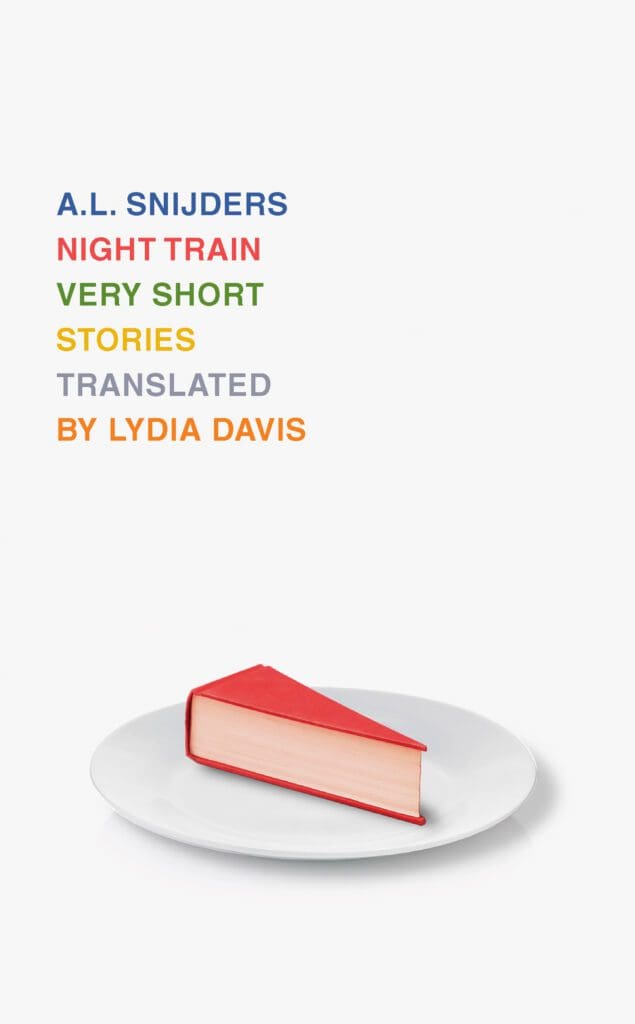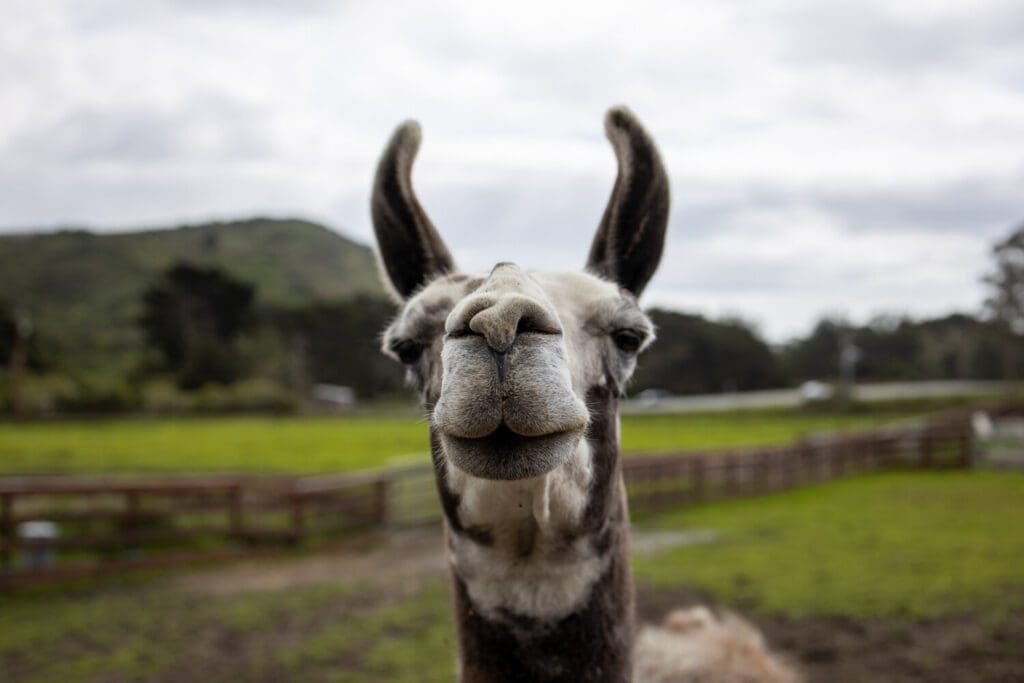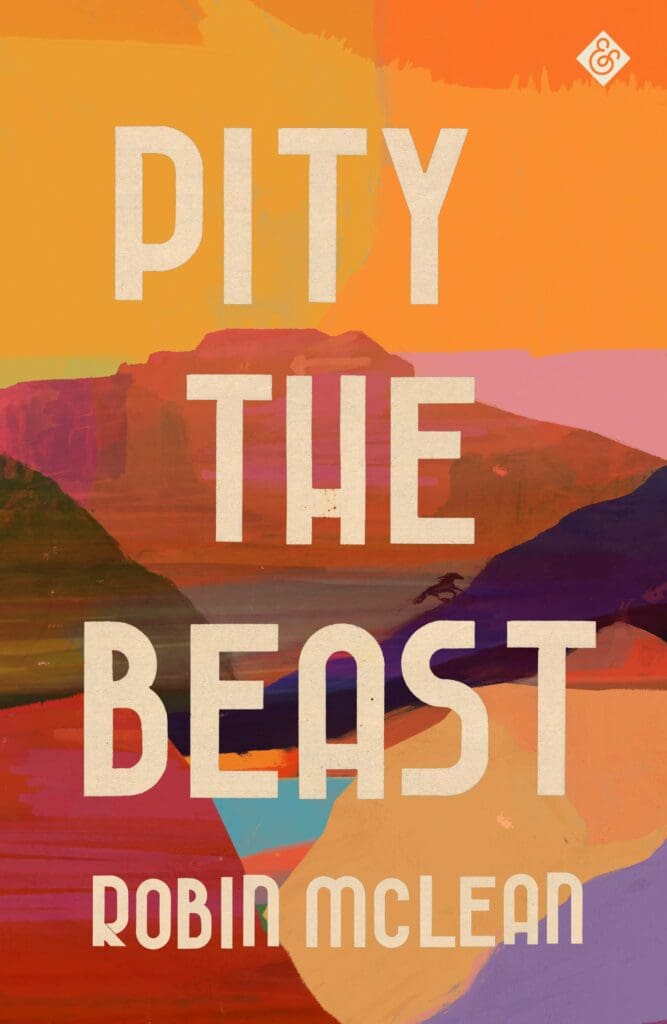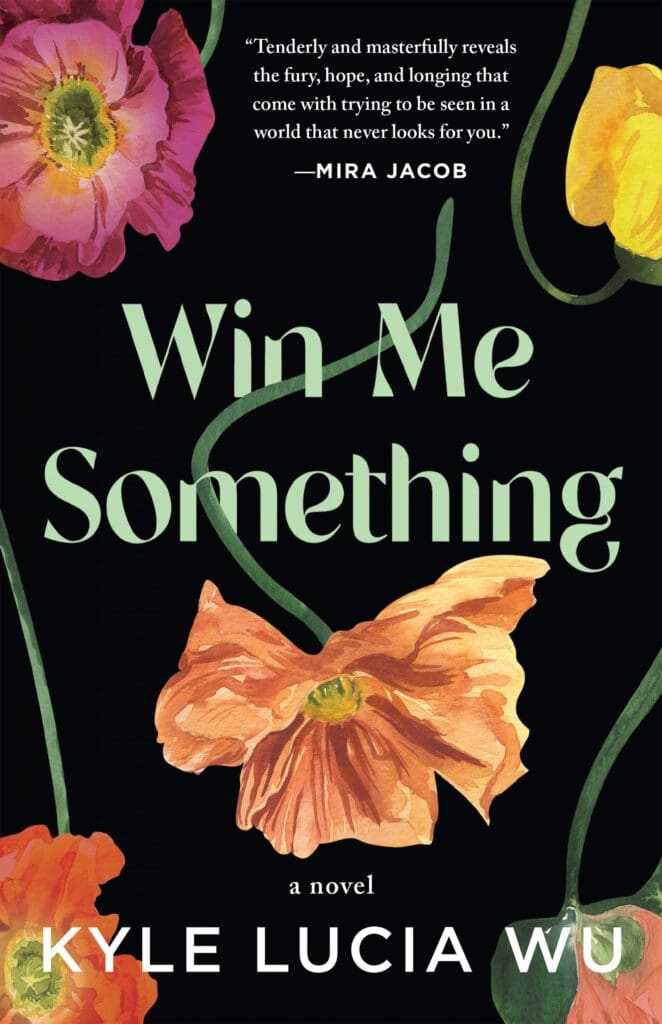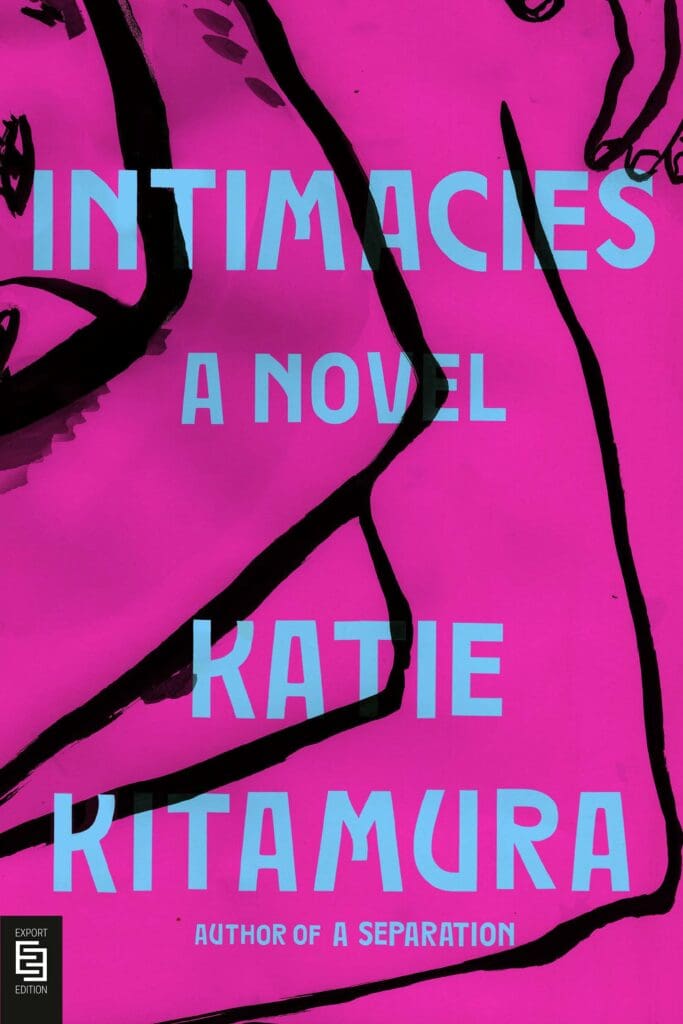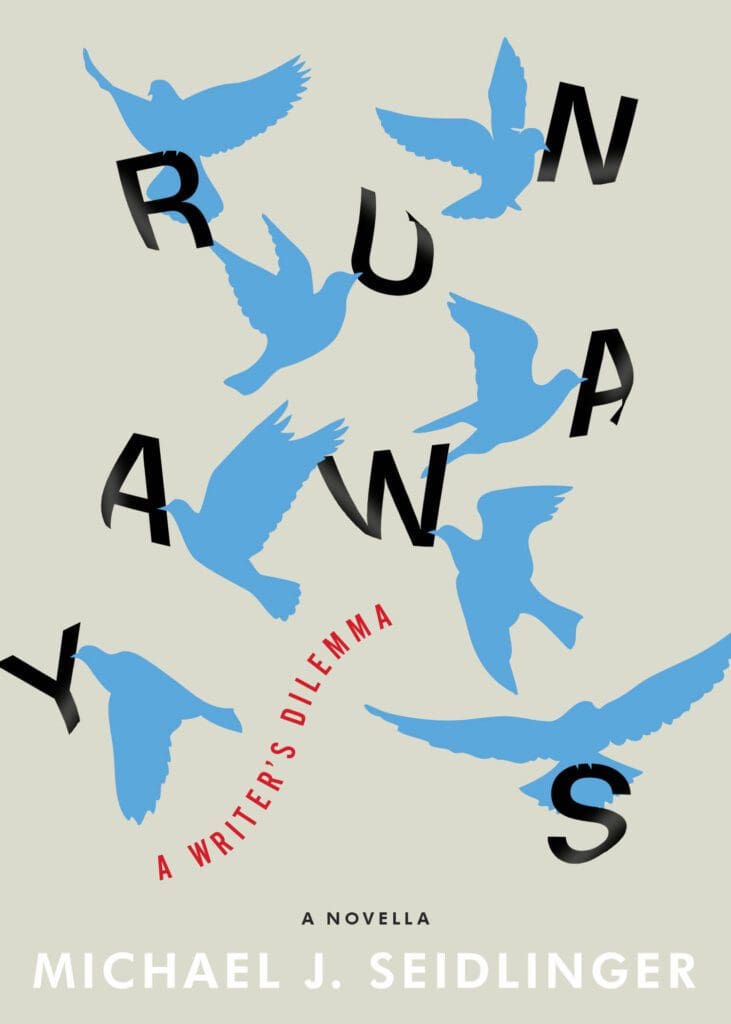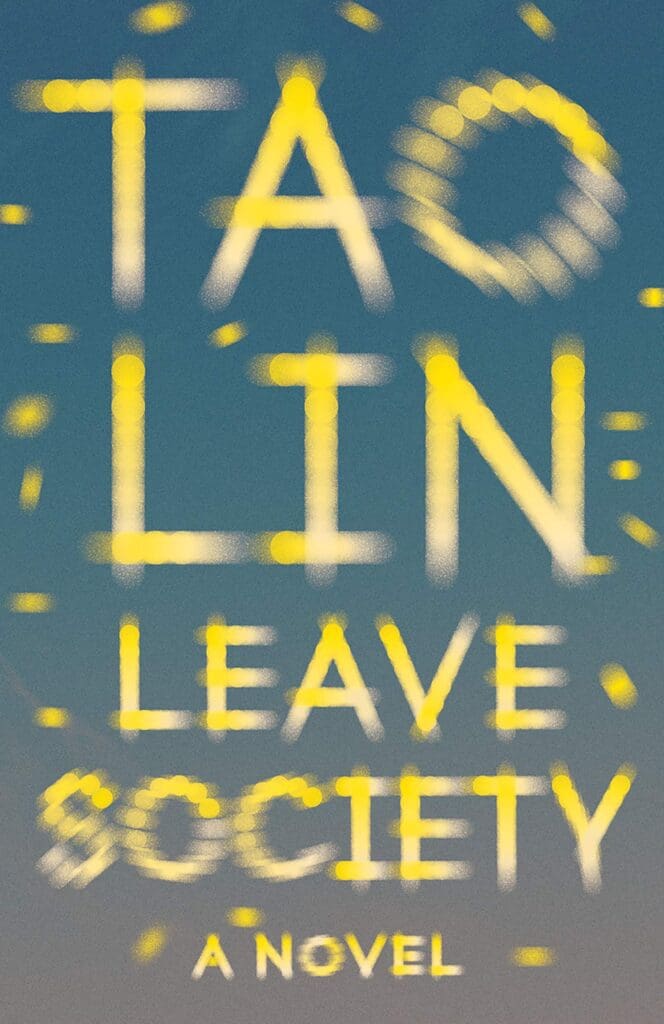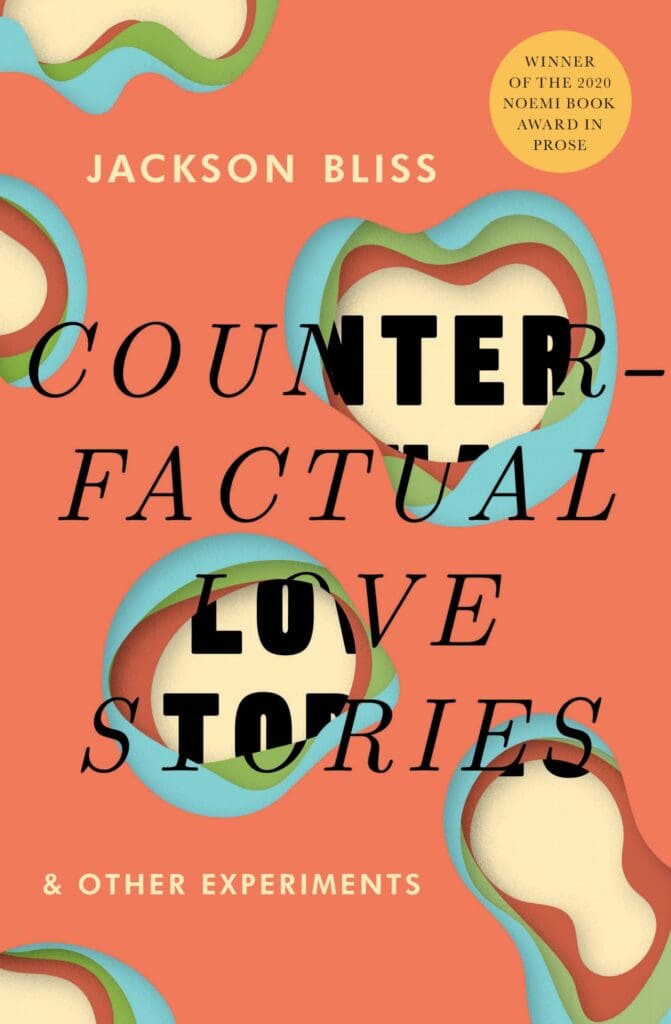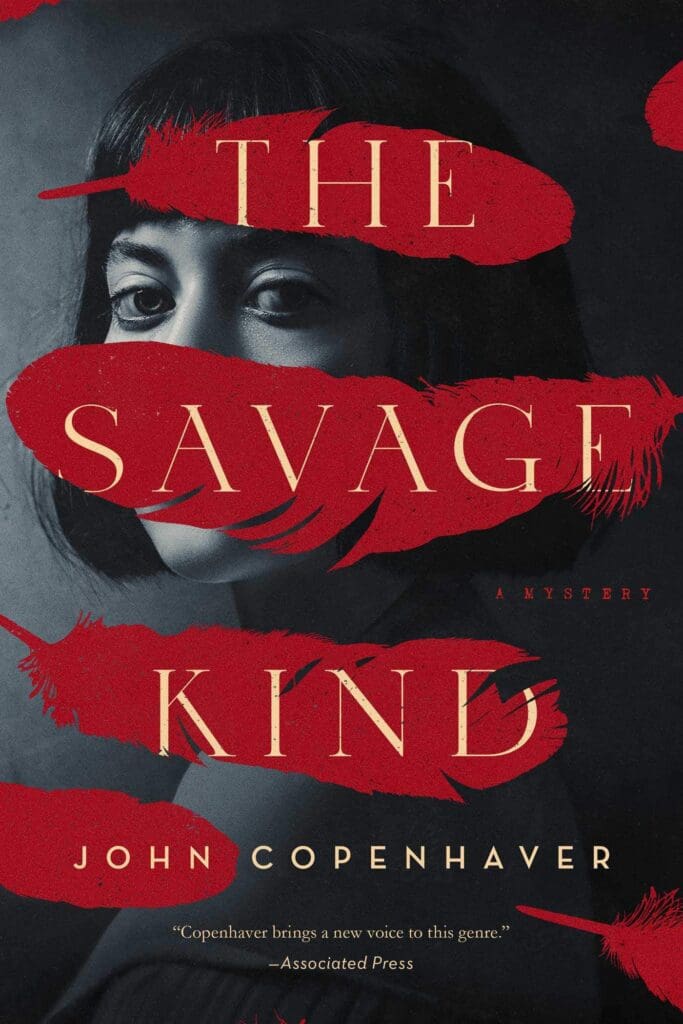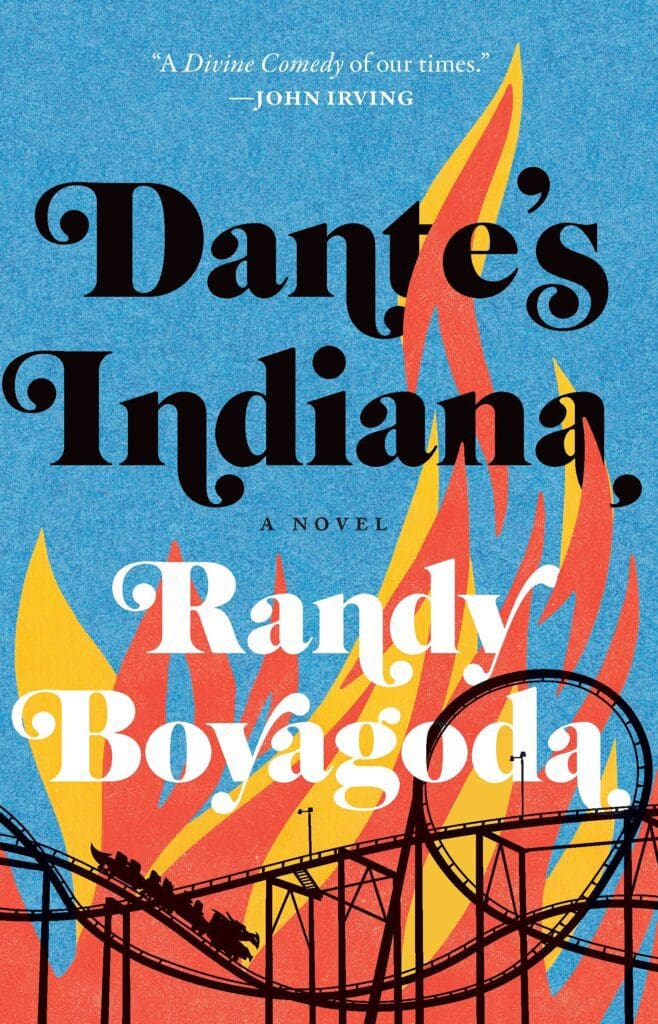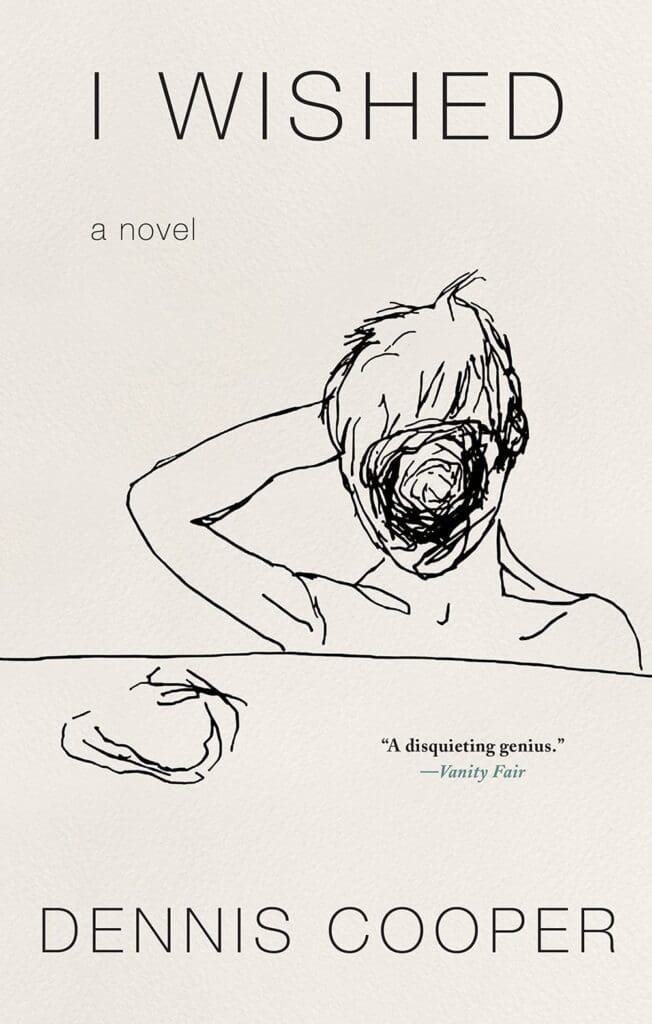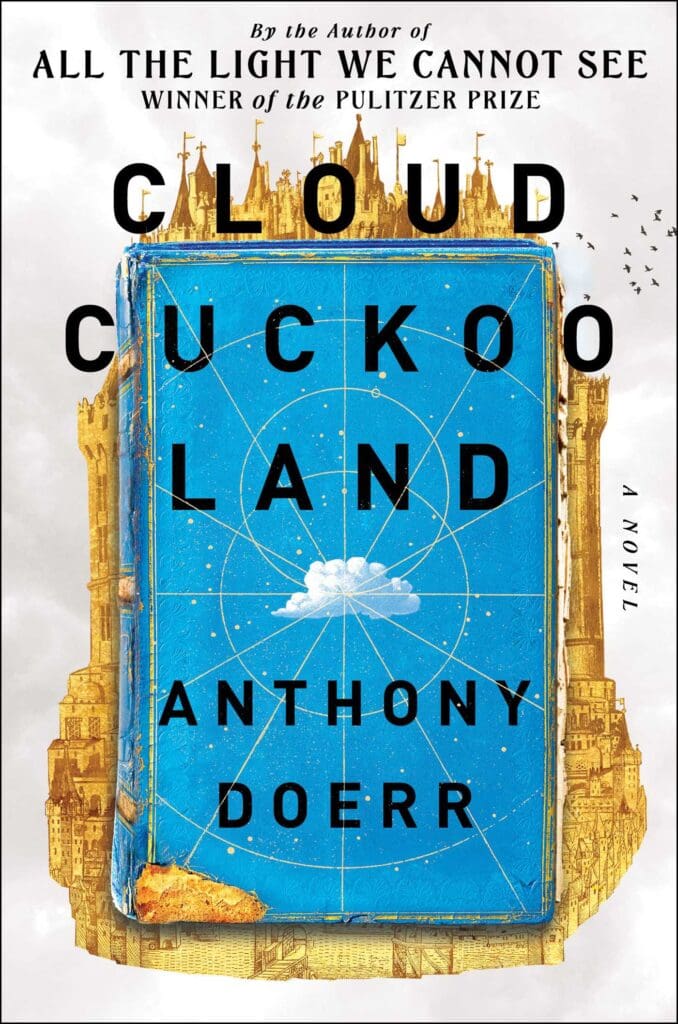When she began translating contemporary Dutch micro-fiction writer A.L. Snijders’s work, Lydia Davis had only a passing familiarity with the language. Night Train (128 pages; New Directions) presents 91 of Snijders’s more than 3,000 stories, or what he called his zkv’s (zeer korte verhalen: “very short stories”). The collection is a long-tended-to anthology of these writings—“autobiographical mini-fables,” as Davis calls them—whose translations she parsed and reasoned-through using what she knew of German and French, and with the consult of Snijders’s Dutch publisher, Paul Abels. Many of the pieces parallel the tone and form of some of Davis’s own vignettes: stories […]
‘Night Train’ by A.L. Snijders: Blooming Within Constraints
by Chiara Bercu
